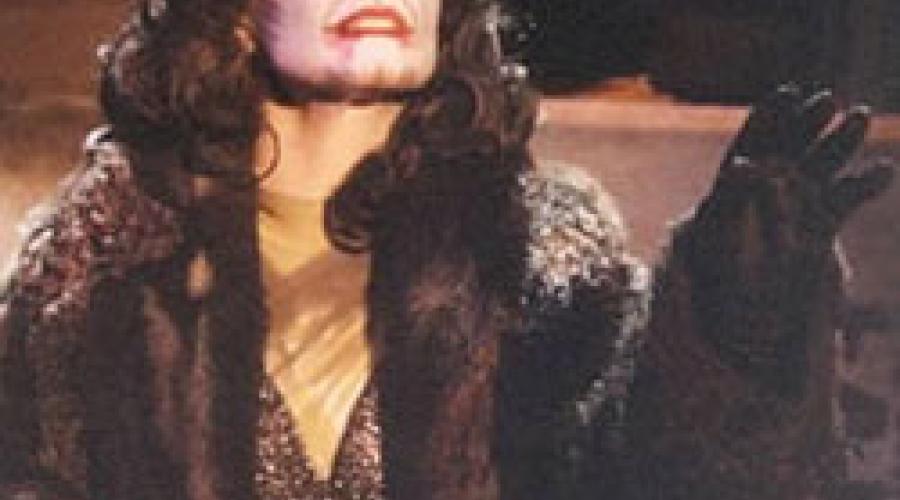
Seeking Culture Shift
"Law & Order," "The Sopranos," "All My Children," Carnegie Hall, Broadway, the Kennedy Center – a handful of Anita Hollander's credentials as an actor bespeak a successful career.
During National Disability Employment Awareness Month in October, she pauses often – as she does throughout the year – to help inform people about their colleagues and would-be colleagues.
Judge people on skills, rather than on disabilities, Hollander urges people around the nation.
Many of America's 54 million people with disabilities are unemployed or underemployed.
Working to change that is a coalition of organizations including ILR's Employment and Disability Institute and Inclusion in the Arts & Media of People With Disabilities, a project for which Hollander serves as national co-chair. The project is sponsored by three unions: the Screen Actors Guild, the American Federation of TV & Radio Artists and the Actors Equity Association.
The Employment and Disability Institute, in addition to research, education and outreach through a breadth of initiatives, this year designed AskEARN.org. The website provides information about hiring people with disabilities. It is sponsored by the U.S. Department of Labor Office of Disability Employment Policy.
People with disabilities, Hollander said, want to be hired for "what we can do," rather than rejected for "what we can't do," she said during an interview.
Hollander was 21 when she had cancer surgery. Five years later, the cancer recurred and her leg was amputated.
"I became a one-legged actor."
Hollander continued a career that has flourished and began advocating for employment of others with disabilities across all professional fields.
"Because we are so visible, it's exceptionally important for actors to speak on behalf of people with disabilities," she said. "We have the opportunity to show the world what should happen."
Ninety percent of actors with disabilities don't disclose their disabilities if they can hide it, she said, for fear it could cost them their careers.
" ... Some don't ever disclose it ... if they can pass as mainstream, they do," said Hollander, advised by one agent that she was "sabotaging" her career when she didn’t wear her prosthesis to auditions.
One appearance at a time, Hollander works for culture change.
Ignorance is what feeds fear and discomfort, she said, and when society understands that talent almost always supersedes disability, the workplace will be a more inclusive place.
That understanding can happen, Hollander said, pointing to her own career.
"I've seen people change their minds about me all the time."